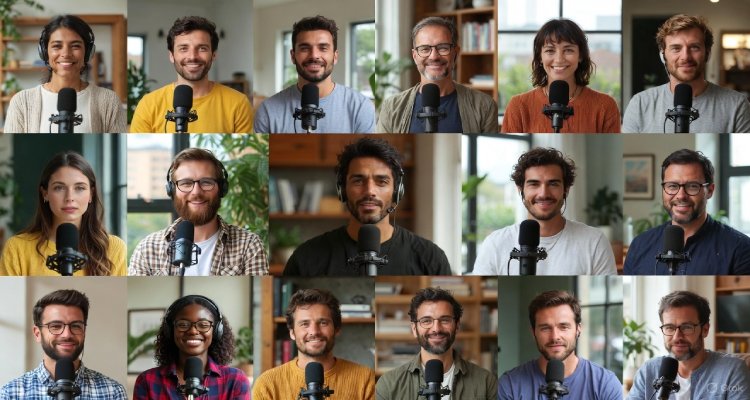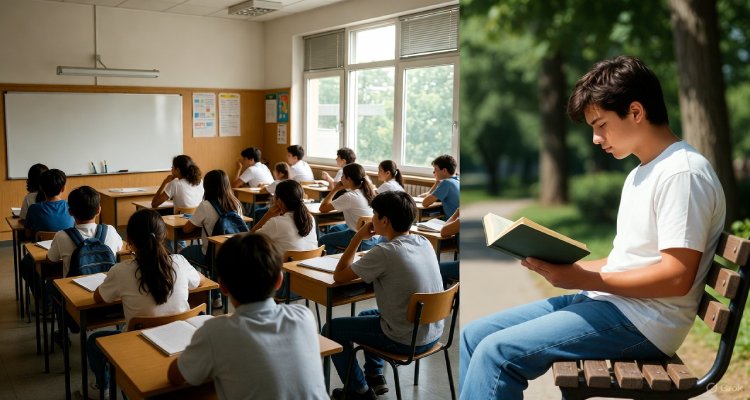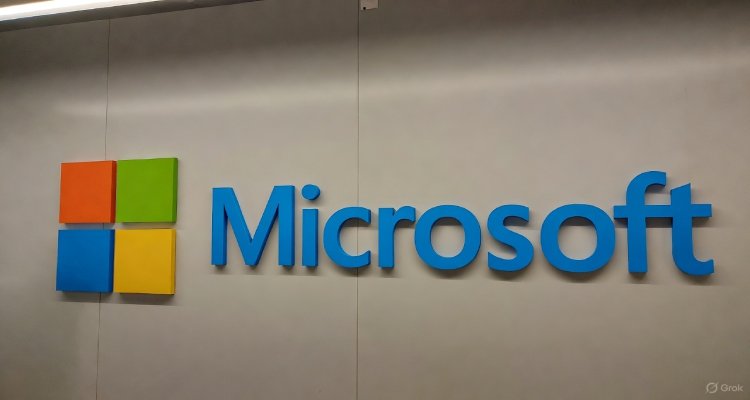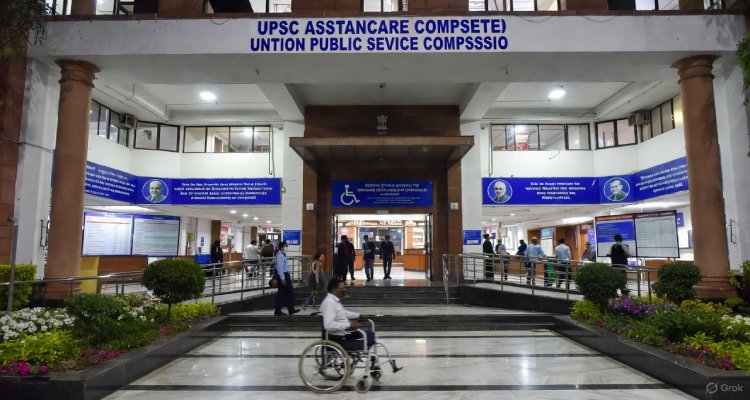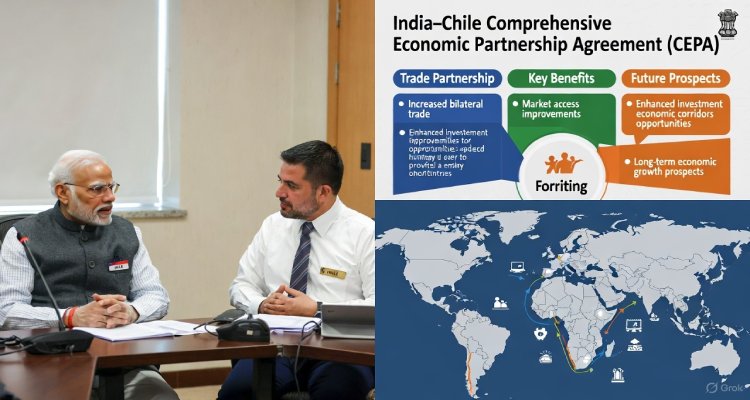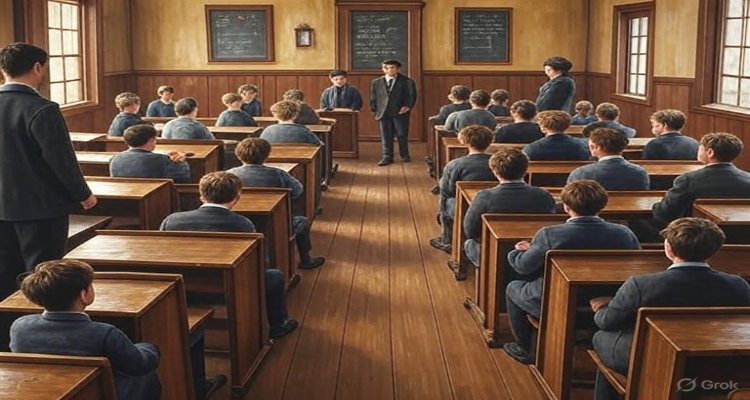The Classroom Experiments That Changed Education Forever
Discover the groundbreaking classroom experiments—from Montessori to Finland’s trust-based model—that revolutionized education and reshaped how the world learns.
Introduction: When Teaching Became an Experiment
Classrooms have long been testing grounds—not just for students, but for ideas that would reshape the very meaning of education. From unconventional teaching methods to radical experiments in how children learn, a handful of bold initiatives have permanently altered the landscape of schools around the world. What began as small trials often challenged centuries-old traditions, sparking debates and innovations that continue to influence education today.
The Montessori Revolution: Learning by Doing
In early 20th-century Italy, Dr. Maria Montessori observed that children learned best when given freedom within a structured environment. Her “prepared classrooms” emphasized hands-on materials, self-directed exploration, and minimal teacher intervention. Initially dismissed as too unorthodox, Montessori’s experiment proved that children could thrive without rote memorization. Today, Montessori schools exist across six continents, shaping millions of young learners.
Dewey’s Lab School: Education as Democracy
In 1896, philosopher John Dewey established the Laboratory School at the University of Chicago. His radical idea? Education should not just transmit knowledge but prepare students for democratic life. He encouraged collaboration, problem-solving, and real-world projects—concepts that were revolutionary at the time. Dewey’s experiment laid the foundation for progressive education and continues to influence project-based learning models today.
The “Summerhill” Experiment: Freedom as a Teacher
Founded in 1921 in England, A.S. Neill’s Summerhill School shocked the world with its approach: students could choose whether or not to attend lessons. With its focus on personal freedom and self-governance, Summerhill challenged authoritarian models of schooling. Though controversial, it inspired future debates about child-centered learning, student rights, and mental well-being in education.
The Stanford Prison Study’s Hidden Lesson
While not conducted in a traditional classroom, Philip Zimbardo’s 1971 Stanford Prison Experiment revealed the dangers of unchecked authority. Though ethically condemned, its findings entered psychology textbooks worldwide and influenced how educators think about discipline, authority, and classroom power dynamics. It became a cautionary tale about the responsibility of teachers in shaping environments of trust rather than control.
Finland’s Experiment in Trust
In the late 20th century, Finland turned its education system into a living experiment. By eliminating standardized testing, emphasizing teacher autonomy, and reducing homework, Finland produced some of the world’s highest-performing students. Its model challenged the notion that rigid exams equate to success, inspiring global debates about student well-being versus academic pressure.
Technology as an Ongoing Experiment
From the introduction of the chalkboard in the 1800s to modern AI-powered tools, technology has repeatedly transformed classrooms. Early experiments with computers in schools during the 1960s and 70s laid the groundwork for today’s digital learning environments. The COVID-19 pandemic accelerated this experiment on a massive scale, forcing the world to reconsider what a “classroom” even means.
Conclusion: Lessons That Continue to Evolve
The history of education is written not only in textbooks but in experiments that dared to ask, “What if?” Whether through Montessori’s hands-on approach, Dewey’s democratic ideals, or Finland’s trust-driven model, these experiments changed classrooms forever. They remind us that education is never static—it is a living, evolving system shaped by curiosity, courage, and the willingness to break tradition.
Disclaimer :This article is for informational and educational purposes only. It highlights historical and contemporary experiments in education but does not endorse any specific teaching method as universally applicable. Educational outcomes may vary based on context, culture, and individual needs.


